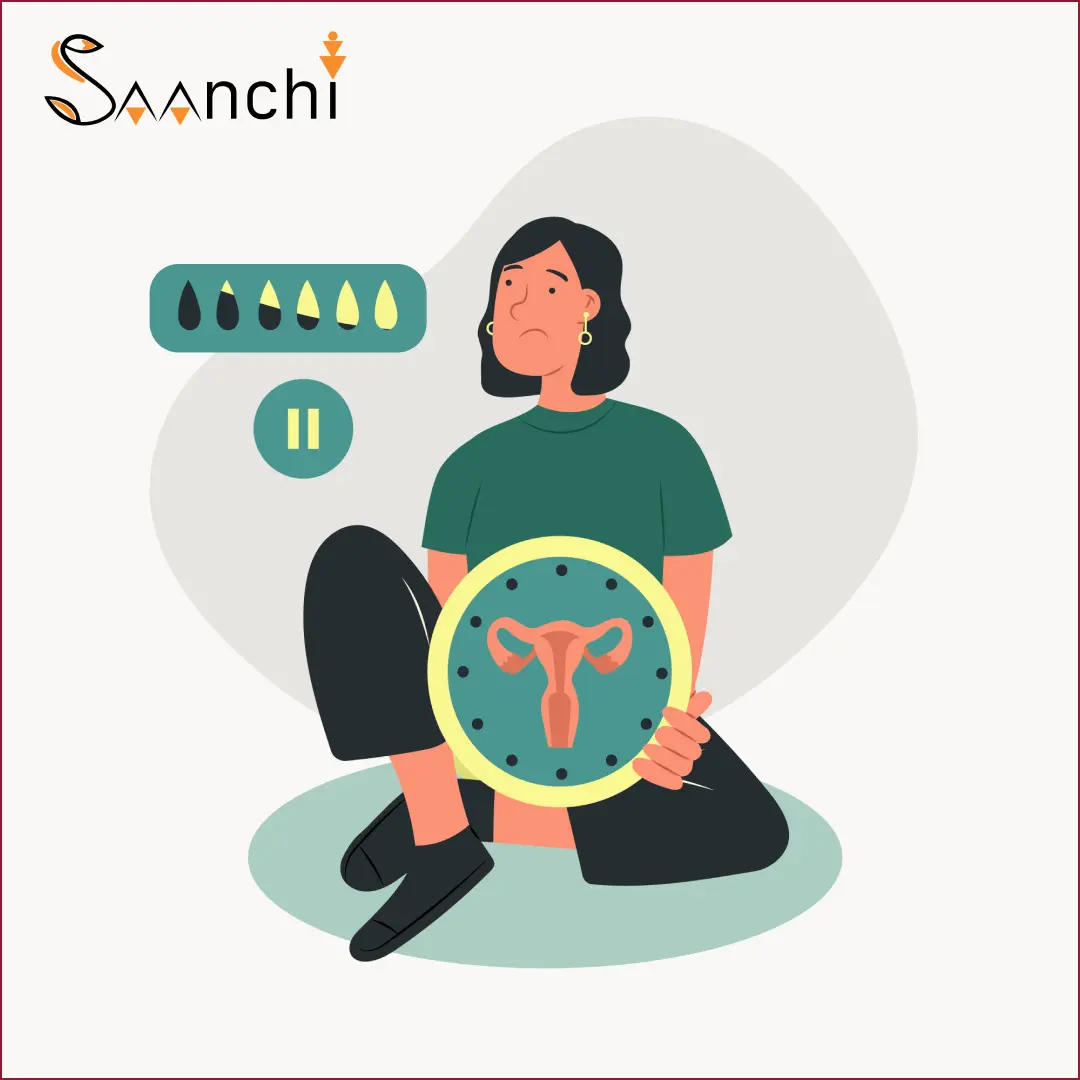Menstruation, or having a period, is a normal part of life for girls and women. However, it can sometimes come with problems that might be uncomfortable or even worrying. Understanding these issues and knowing how to manage them can make a big difference. Here are some common menstrual problems and tips on how to handle them in an easy-to-understand way.
- Painful Periods (Dysmenorrhea)
What is it?
Many girls experience cramps during their periods, which can range from mild to severe. These cramps are called dysmenorrhea.
Why does it happen?
Cramps happen because your uterus is contracting to help shed its lining. Factors like stress, smoking, and being overweight can make cramps worse.
How to manage it:
- Over-the-counter pain relief: Medicines like ibuprofen can help reduce pain.
- Heat therapy: Using a heating pad or taking a warm bath can ease cramps.
- Exercise: Gentle activities like walking or yoga can improve blood flow and reduce pain.
- Relaxation techniques: Stress can make cramps worse, so try relaxation exercises like deep breathing or meditation.
- Heavy Periods (Menorrhagia)
What is it?
Heavy periods mean you have a very heavy flow that lasts longer than usual, often more than 8 days.
Why does it happen?
Sometimes, heavy periods can be caused by hormonal imbalances, uterine polyps, fibroids, or certain medications.
How to manage it:
- Keep track of your cycle: Knowing your normal flow can help you identify when it’s unusually heavy.
- Use appropriate products: Ensure you have enough pads or tampons and consider using ones designed for heavy flow.
- Medical advice: If your periods are consistently heavy, talk to a doctor. They might suggest treatments like hormonal birth control to manage your flow.
- Irregular Periods (Oligomenorrhea)
What is it?
Irregular periods mean your cycle doesn’t follow a regular pattern. For some, it might be longer than 35 days, or they might miss periods entirely.
Why does it happen?
Irregular periods can be due to many factors, including stress, extreme weight changes, excessive exercise, or health conditions like polycystic ovary syndrome (PCOS).
How to manage it:
- Maintain a healthy lifestyle: Eating balanced meals, exercising moderately, and managing stress can help regulate your cycle.
- Track your periods: Use a calendar or an app to keep track of your menstrual cycle.
- Consult a doctor: If your periods are irregular for an extended period, a doctor can check for underlying issues and suggest treatments.
- Absent Periods (Amenorrhea)
What is it?
Absent periods mean you miss your periods for three months or more without being pregnant.
Why does it happen?
This can be due to stress, extreme weight loss or gain, eating disorders, or health conditions like thyroid problems or PCOS.
How to manage it:
- Healthy eating and exercise: Ensure you’re getting enough nutrients and maintaining a healthy weight.
- Seek medical advice: If you miss several periods, it’s important to talk to a doctor to find out why.
- Premenstrual Syndrome (PMS)
What is it?
PMS refers to the physical and emotional symptoms that some girls experience before their periods. These can include mood swings, bloating, headaches, and tiredness.
Why does it happen?
PMS is linked to hormonal changes in your body before your period starts.
How to manage it:
- Healthy diet: Eating a balanced diet with less caffeine, sugar, and salt can help reduce symptoms.
- Exercise: Regular physical activity can boost your mood and energy levels.
- Relaxation: Techniques like yoga, meditation, or deep breathing can reduce stress.
- Sleep: Ensure you get enough sleep to help manage your symptoms better.
When to See a Doctor
It’s important to know when to seek help from a healthcare professional. You should see a doctor if you experience:
- Very painful periods that don’t improve with pain relief.
- Heavy bleeding that requires changing pads or tampons every 1-2 hours.
- Irregular periods that were previously regular.
- Missed periods for three months or more.
- Severe PMS symptoms that affect your daily life.
Final Thoughts
Understanding your menstrual cycle and knowing how to manage common problems can help you feel more in control and less worried about your periods. Remember, it’s always okay to talk to a trusted adult or a healthcare provider if you have any concerns or questions about your menstrual health.


